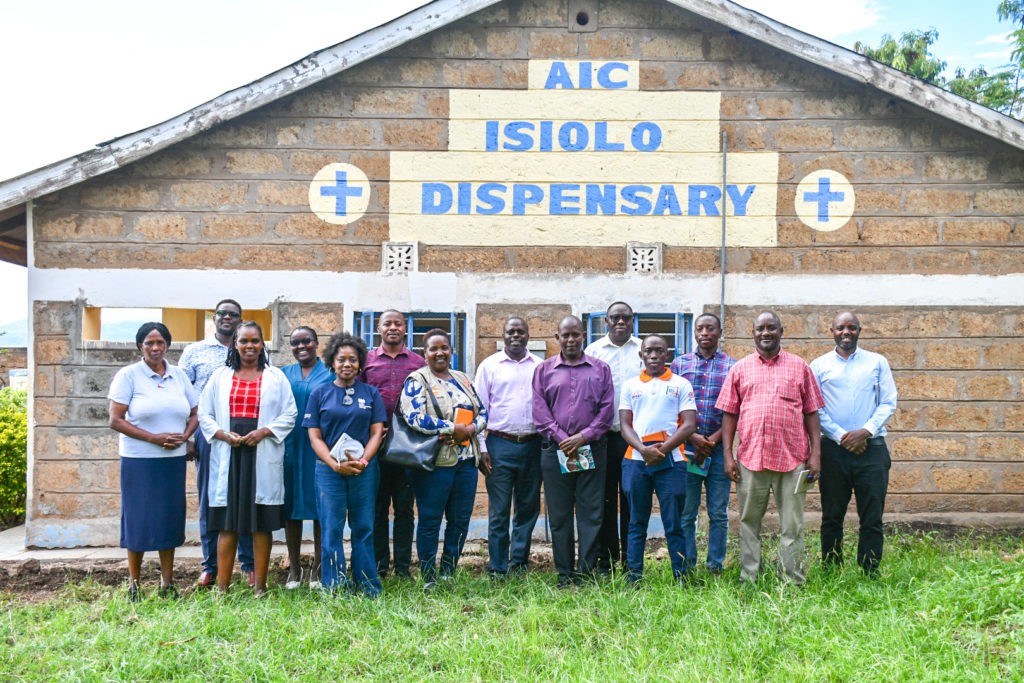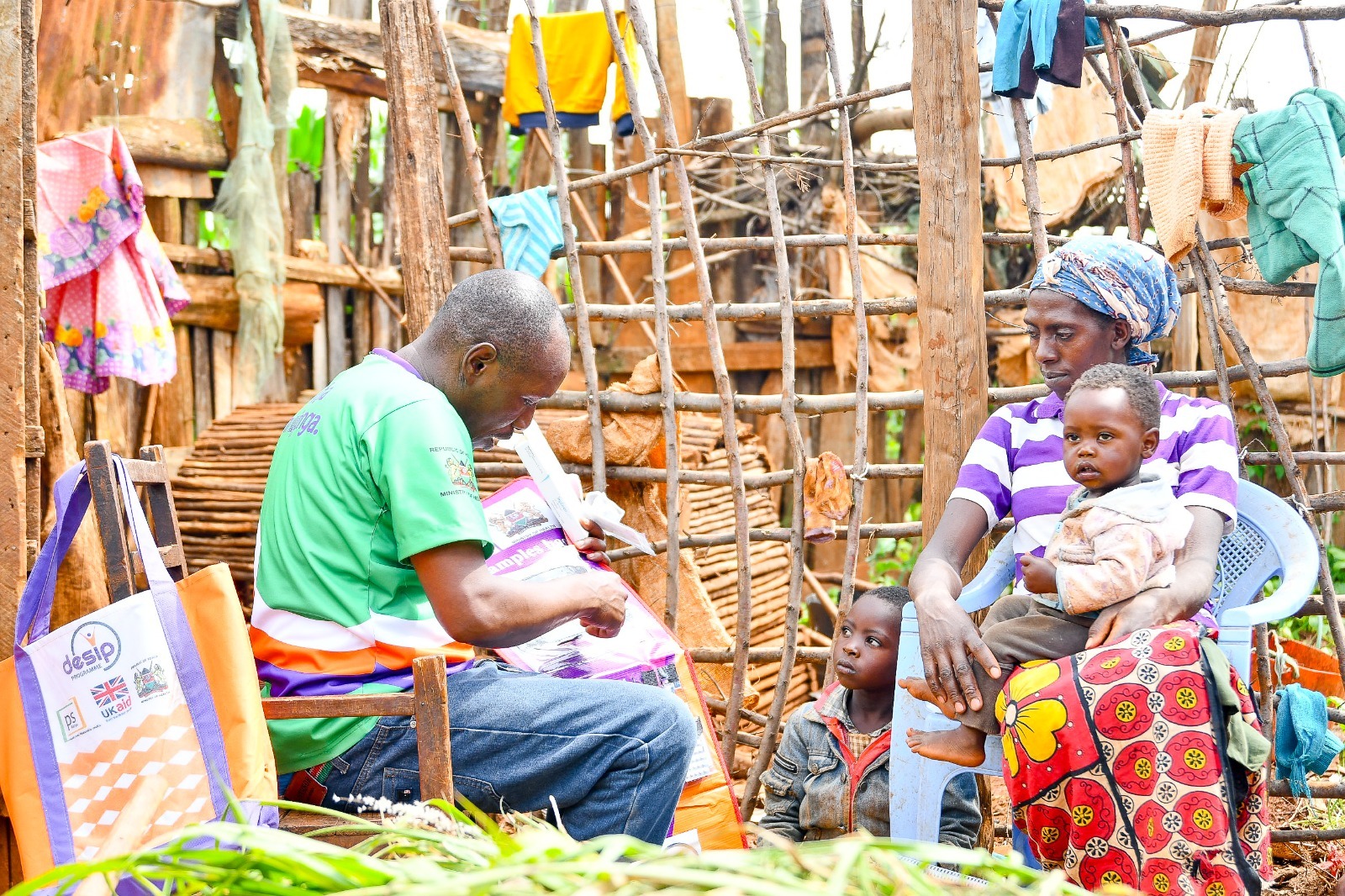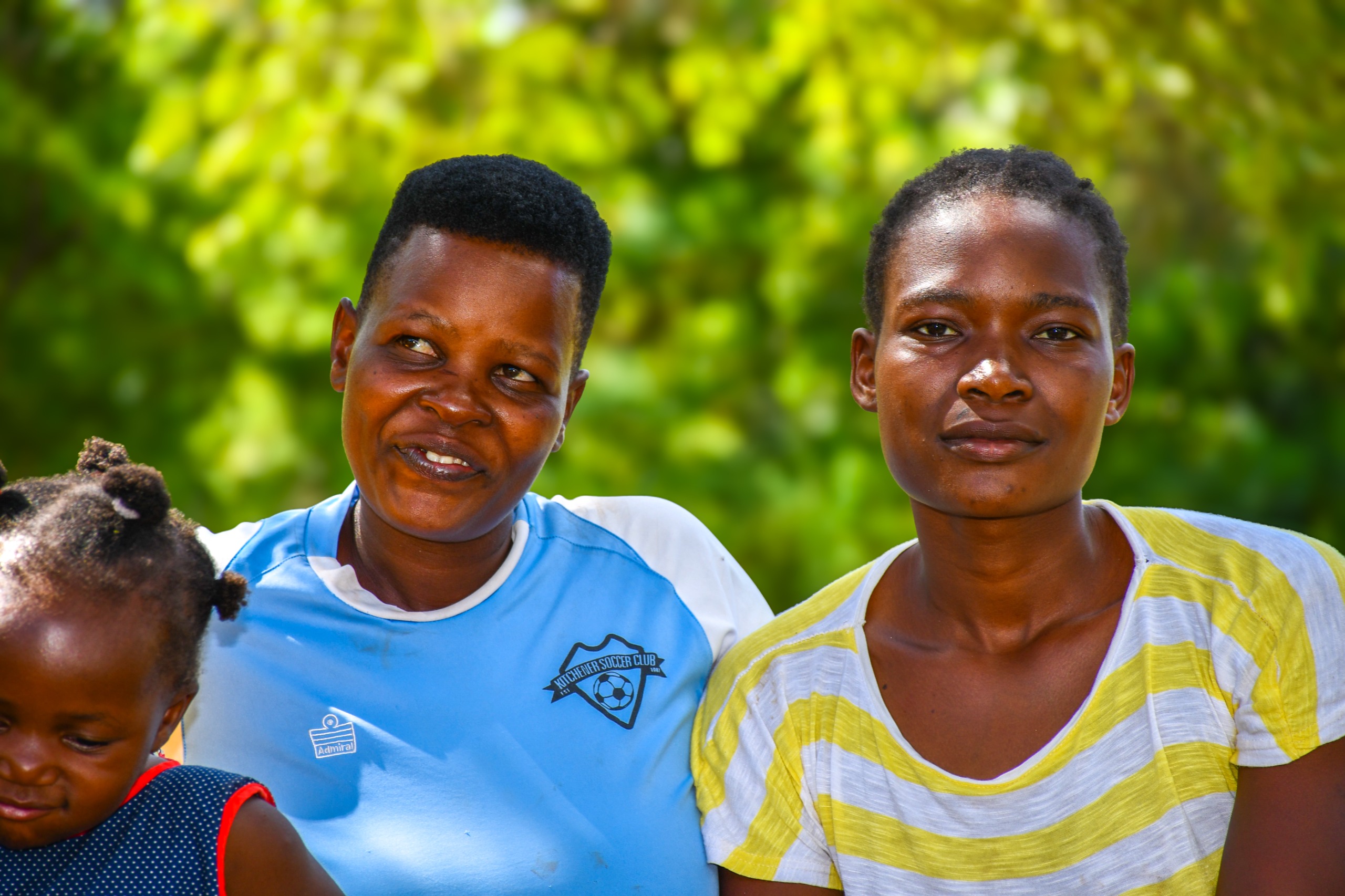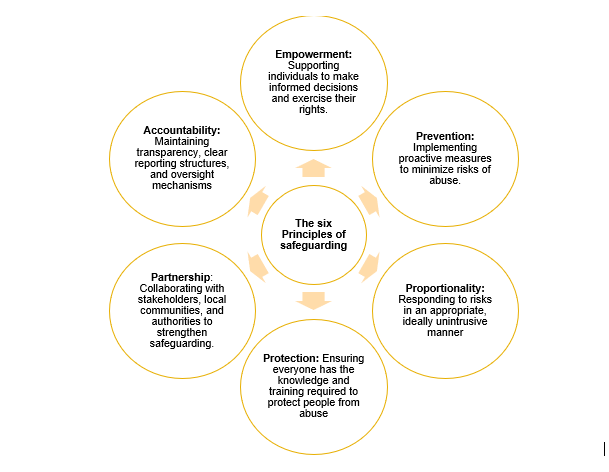For six years, the Delivering Sustainable and Equitable Increases in Family Planning (DESIP) programme has made a profound impact on healthcare in Isiolo County. Representatives from the Foreign, Commonwealth and Development Office (FCDO), Options Consultancy, UNFPA, and PS Kenya visited the county to review the programme’s impact and engage with healthcare providers and community stakeholders. The visit underscored the remarkable success of DESIP and the opportunities for sustaining its legacy.

When the programme began, Isiolo County faced significant health challenges, including a maternal mortality rate of 799 deaths per 100,000 live births and low family planning uptake, compounded by cultural and logistical barriers. Despite setbacks from the COVID-19 pandemic and health sector strikes, DESIP addressed these issues through a community-centered approach focused on inclusivity and innovation.
A cornerstone of DESIP’s success was community engagement. By partnering with influential local figures such as traditional birth attendants (TBAs), male champions, and religious leaders, the programme built trust and dismantled cultural barriers to healthcare. TBAs, once seen as competitors to formal healthcare, became key advocates for safe reproductive health practices. Male champions helped bridge cultural gaps, encouraging the acceptance of family planning, while religious leaders dispelled myths and facilitated open conversations through sermons and interfaith dialogues.
In addition to community engagement, DESIP strengthened the healthcare system. Providers were trained in long-acting reversible contraceptives and mentorship programs, ensuring consistent service delivery. The APU Health Center became a mentorship hub for Kenya Medical Training College students, enhancing healthcare skills within the community. At the AIC Dispensary, collaboration with faith leaders facilitated greater access to family planning and education, while the redistribution of commodities ensured sustainability.
The programme’s emphasis on data-driven decision-making also led to significant improvements in health outcomes. Isiolo County now reports a 94% health record reporting rate, surpassing the national average of 80%, demonstrating the effectiveness of DESIP’s capacity-building efforts.
As the DESIP programme concludes, stakeholders emphasize the need for continued investments in community engagement and health system strengthening. There is still a pressing need for localized interventions in remote areas like Merti and Garbatulla, where challenges persist. Although logistical barriers and cultural myths continue to pose obstacles, partnerships with organizations like UNFPA, JHPIEGO, and the FCDO provide a strong foundation for ongoing progress.
Thanks to DESIP, Isiolo County’s healthcare system is now more inclusive, resilient, and better equipped to meet the needs of its population. The programme has proven that sustainable change is possible through collaboration and commitment, offering a valuable blueprint for addressing health disparities across Kenya.



